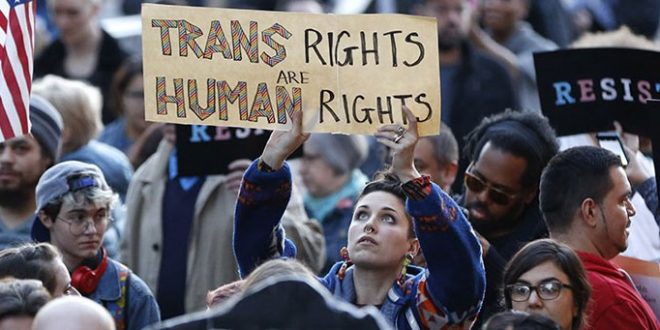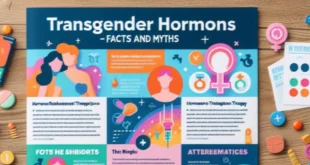Many of us are so used to having conversations that involve a limited amount of pronouns that we take for granted (he/she, his/her, they/theirs) because (when speaking English) we must assign a gender when we’re speaking about one person. We need to understand that others, particularly trans people, ask to be referred to by different pronouns than we might assume we should use.
Singular pronouns such as “ze” and “hir” are the more common new ones for those not wishing to use “he” or “she”. Changing pronouns can be a significant part of coming out as trans. This can sometimes cause a lot of emotional pain when they’re met with negative responses, even violence. Here are some major reasons why it is incredibly important to use the correct gender pronouns as a trans ally:
We’re helping shape our culture with language
Language is very powerful and we often take the words we use for granted, passing them off as insignificant, gender pronouns included. Language spreads more quickly than ever now due to Internet and social media sites. We are validating and making visible those who wish to be described and identified in a way that doesn’t fit into a strict gender binary. Using the correct gender pronouns, even when we’re not with our loved one, is important and respectful.
We’re showing respect to their reality
Trans people are often told what’s best for them by doctors, politicians, schools, and anyone else who wants to deny their reality with a gender pronoun or name that invalidates who they really are. It’s not up to us to decide who they are, but to show them the same respect we would want in life.
We’re holding the media responsible
The media frequently ignores the requests of trans people who state their gender pronoun preference. Many allies and activists have prompted change in news organizations, leading them to change their protocol on gender pronouns. It’s important to keep using our voices.
We’re fighting transphobia and sexism
In our culture, it’s seen as bad or wrong to not fit within the male/female binary, acting outside of the gender of which our culture assigns us. It’s not up to others to assign anything to us — and we need to realize that if we’re not transgender, and bring clarity to the obvious lack of understanding surrounding these cultural differences. If you support gender equality, you’re playing a big part in walking the talk by being a trans ally.
We’re educating the community
It’s normal for some folks, activists included, to be confused by different pronouns. It’s important to learn them and then be patient as we’re educating others. As allies, if we consistently use terms that are a true reflection of a person’s gender, we’re not only educating by example, we’re encouraging use of the proper terms by others in the community. If it seems like a lot of work, just remember, it’s completely necessary and worth our attention.
 Lesbian, Gay, Bisexual, Transgender & Intersex News Lesbian News, Gay News, Bisexual News, Transgender News, Intersex News, LGBTI News
Lesbian, Gay, Bisexual, Transgender & Intersex News Lesbian News, Gay News, Bisexual News, Transgender News, Intersex News, LGBTI News




